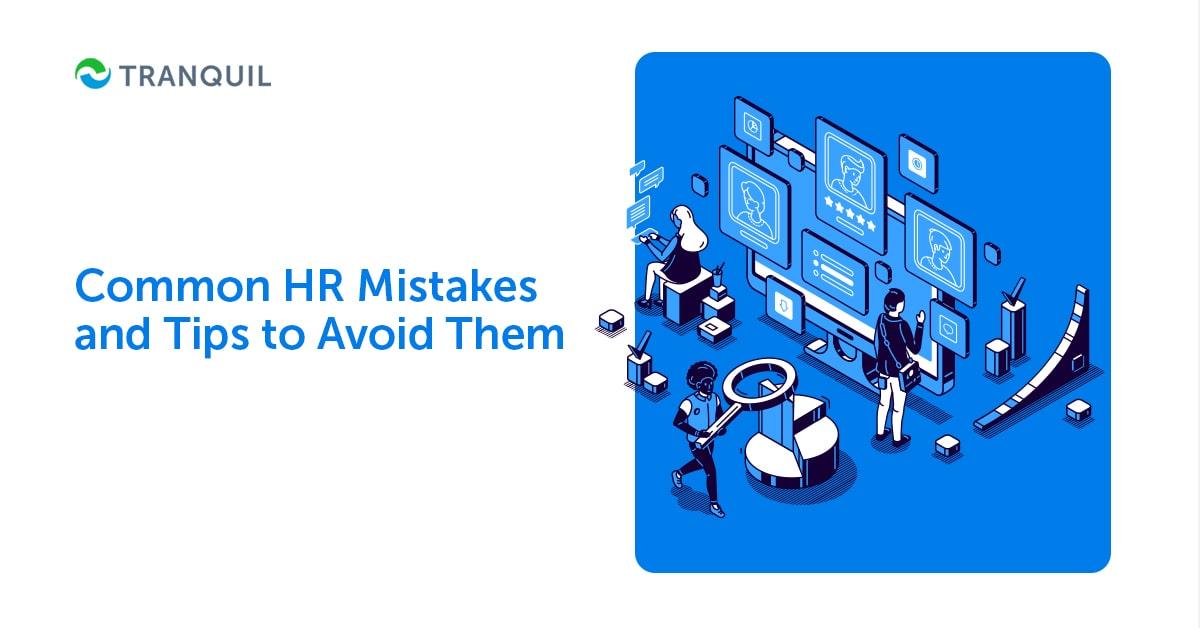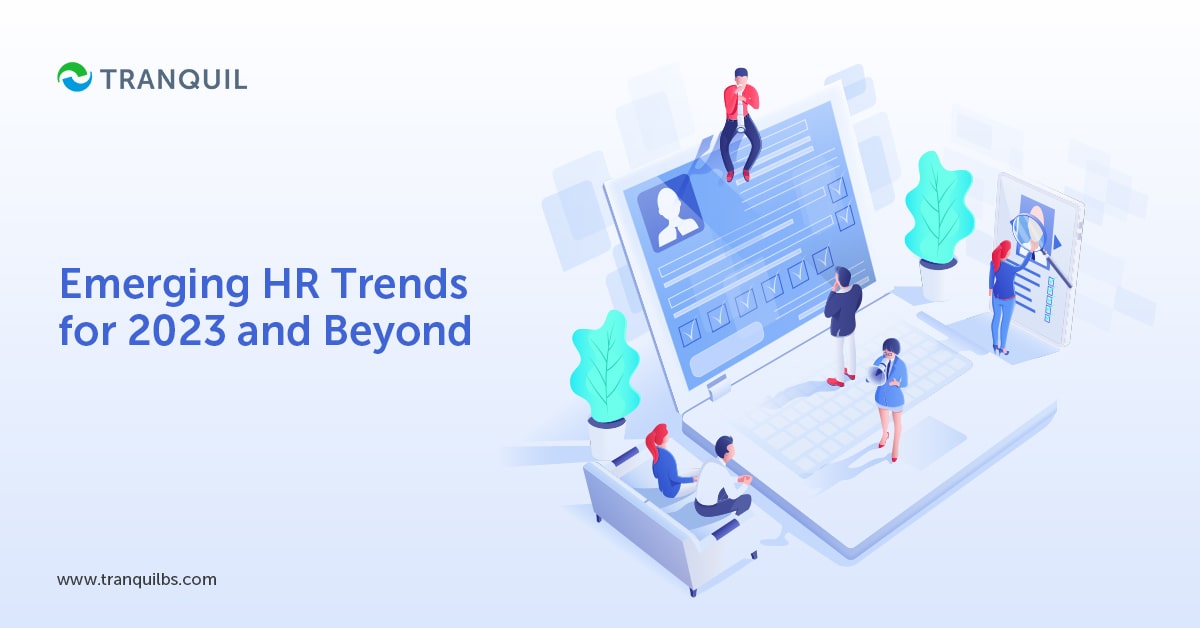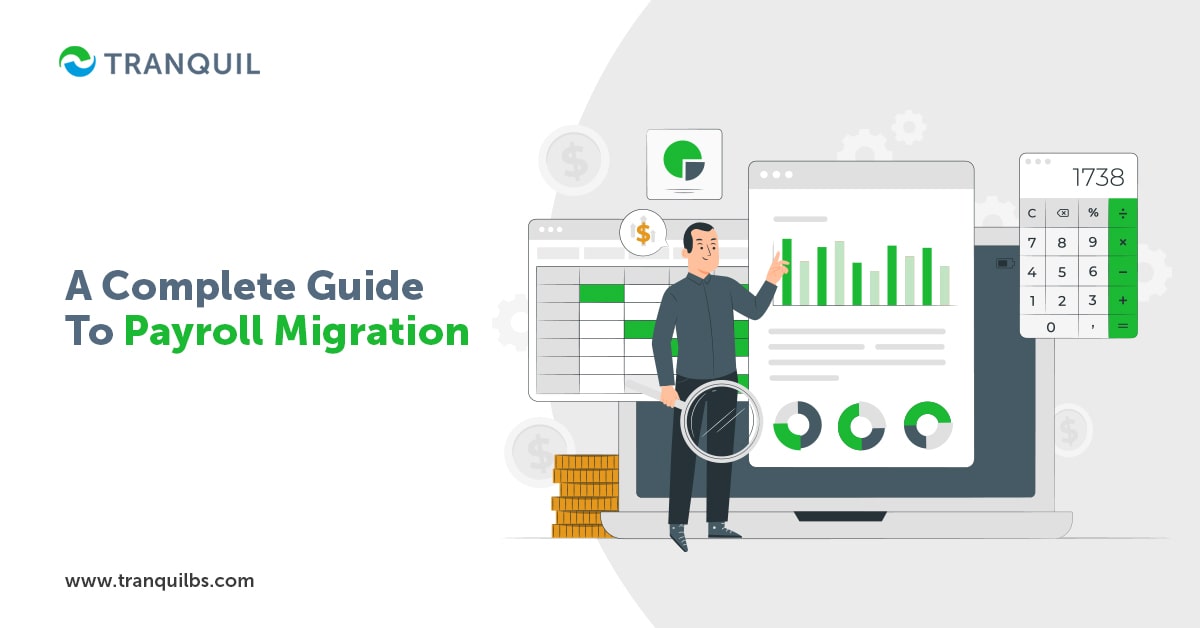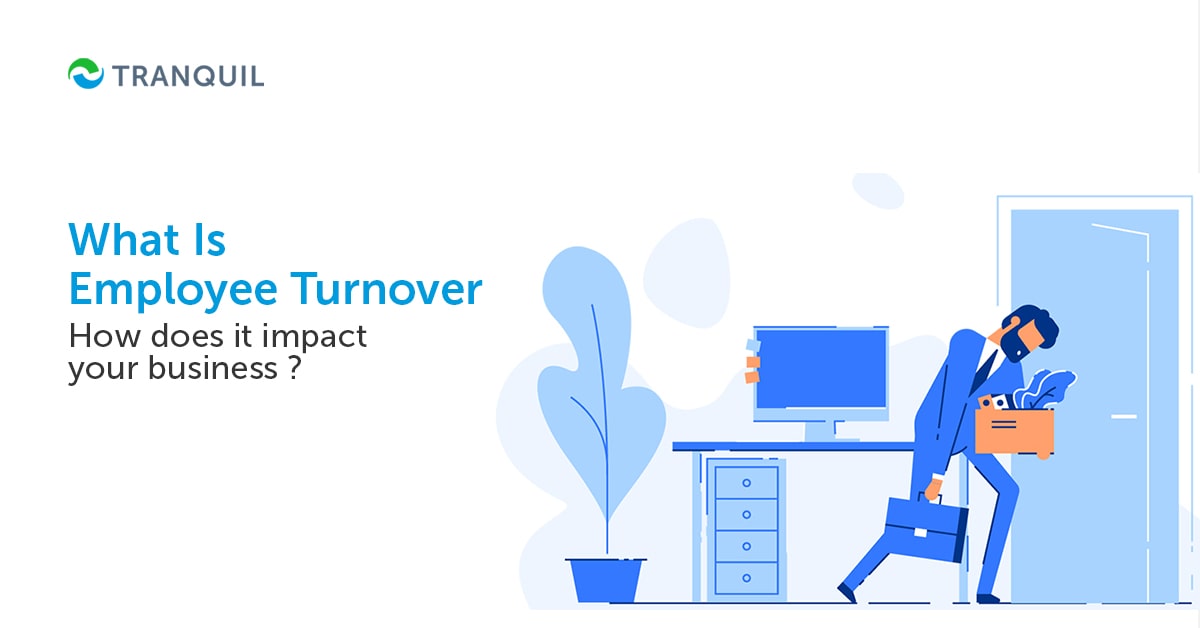
Common HR Mistakes and Tips to Avoid Them
While most people think that it’s the product, marketing, or the founders that make a company successful, it’s only partly correct.
What makes a company successful, is the human resources – the employees.
If you are one of those people tasked with choosing those people, it can be pretty daunting.
Human Resources management is a challenging job – crafting company policies, hiring new talent, managing employees, and ensuring timely payments – it’s a lot, and it’s easy to make mistakes.
Common HR Mistakes
Let’s take a look at the most common HR mistakes and how you can avoid making them.
1. No HR Plan
Not having an HR plan in place can turn out to be pretty risky, as it will lead to uninformed and random decision-making, and it may not be the best thing for your business.
To craft an HR plan, you can take a look at what the big companies in your industry are doing, and develop something on similar lines.
An HR plan will guide you about your staffing requirements – how many employees to hire, the order or priority for each departmental staffing, and more.
This also affords the time to think about and start drafting your HR policy and procedures.
ALSO READ: Must-Have HRMS Modules and Features
2. Not Documenting, Displaying, and Updating HR Policies

This is one of the biggest HR mistakes to avoid.
Depending on your region of operation or industry, there may be regulations that necessitate displaying posters providing details on important sections of regulatory compliance related to labor laws, medical leave, etc.
Therefore, every business should record its policies and procedures properly.
Policies should be framed regarding BYOD, social media use, safety at the workplace, appraisals and promotions, disciplinary actions, and so on.
These policies must be in line with government regulations.
3. No Employee Handbook
While you may find it unnecessary, it is a valuable tool for small businesses.
Employee handbooks clearly state what employees can or cannot do at the workplace, their rights and duties, safeguards, and more.
HR policies are mentioned in full so that your employees have a manual and are aware of what is expected of them, the company policies and procedures, and the like.
You can make use of templates for the same.
ALSO READ: Benefits of Having an Employee Self-Service System
4. Inadequate Interdepartmental Communication
It is important for the various departmental heads to communicate with the HR management and inform them of their expectations regarding the number and type of employees they need for their departments.
The same has to be communicated properly to the prospective candidates as well so that everyone is on the same page regarding expectations, job roles, duties, and skills needed.
This way you will be able to get the right persons to apply for the job in the first place.
5. No Proper Hiring Process

It can be daunting to work out how to hire and whom to hire when your company is relatively new, or your HR personnel is new; not having adequate information regarding the process or the recruitment methods your company needs to get the right fit can lead you to create mediocre job descriptions.
This could translate into hiring employees of a low quality and not really the right people for your business.
ALSO READ: What is Asset Depreciation and Why is it Important?
It is vital that the HR department has ample information regarding the resources required and recruitment methods that will be ideal for your company.
You need to know the desired skillset of your employees, and the number of people you may hire in the near future, and so on.
You can take advantage of several resources and tools available for this purpose, hire a recruitment firm if you have the funds, or, invest in a robust HR solution like Tranquil.
This will help you streamline your HR process from end to end.
6. Not Training Employees
Unfortunately, many businesses look at training as unproductive and unnecessary, and is a huge HR mistake; they feel that employees will automatically learn on the job.
If you do that, you will have employees with haphazard skills and half-baked knowledge.
But if you provide proper training, your employees will be able to perform their tasks more efficiently and be more productive.
Training helps in lowering turnover rates as it makes employees feel valued, and that the company wants them to be successful, for which they are taking requisite measures by way of their professional development.
Happier employees mean less attrition.
Therefore, you must ensure you provide adequate training.
ALSO READ: Implementing Artificial Intelligence in Procurement
7. No Proper Onboarding
The interview of a candidate is the first step in a proper hiring process, and it is followed by an orientation.
The hiring process ends once the candidate is handed their offer letter, and they start their work.
A systematic onboarding process helps in retaining new recruits and boosting their productivity.
When new employees come in, they need to be provided the right orientation training, and their workstations must be properly set up.
It is a good idea to have an onboarding checklist so that the whole process is seamless – it will also help to make the employees feel more comfortable and quell their apprehensions.
The checklist can guide the HR employee in charge, the new hires, and the managers with a list of what is to be done in the first few days, helping them be more productive early on.
ALSO READ: ERP Implementation KPIs to Know
8. No Retention Planning

Getting qualified and high-performing employees to stick on at the company is even more important, and probably difficult, than even hiring them.
You should try to think what motivates your employees by taking feedback or individual discussions and create experiences that are aligned to those motivations.
Employees all over the world are most concerned about these factors:
- Job security
- Work/life balance
- Health – physical and mental
- Fair treatment
- Getting recognition
- Trustworthy and supportive coworkers
- Financial stability
- Proper rewards for achievements
When you take measures that improve these areas, you will see that your employees are happier, they display more loyalty and are more productive.
ALSO READ: Inventory Management Trends to Watch Out for
9. Bad Hires
Hiring the wrong people can cost any business dearly.
The wrong person does not necessarily mean that they don’t have the required qualification or skill set; it could be about mismatched values, attitudes, and vision too.
Whether it’s professional or interpersonal skills, if your new hires lack them, you will have to spend a lot of time, money, and effort in training these people to acquire those skills.
To avoid hiring mismatched professionals, it is a good idea for the interview process to take place in rounds – managers, executives, and coworkers – to get a more balanced opinion about the person.
You will get an idea of the general attitude and abilities of the candidate, and this will help immensely in taking the final decision.
ALSO READ: Importance of Cash Book in Accounting
10. No Records of Performance Issues
When you document issues in performance, it enables employees to improve their daily tasks; more importantly, in case there are legal repercussions, this becomes important evidence.
The company can show that they had a valid reason to discipline the employee.
The record should mention the expectations from the employee and their failure to fulfil them, or company rules and regulations and the violations committed by the employee, any previous disciplinary action or counseling, the expectations in the future, and consequences in the event of not fulfilling them.
You could also include performance improvement plans in this document
ALSO READ: What is Delivery Performance and How Can it be Improved?
11. Incomplete or Missing Employee Information
It is essential to have complete information about your employees including the full address, contact information, bank details, the date they joined the company, years in a specific role, performance appraisals, promotions, pay hikes, leaves, recognitions, salary, benefits, disciplinary actions – everything.
This will be of help in many situations like considering promotions, disciplinary actions, pay hikes, recommendations, and so on in the future, in addition to ensuring proper and timely payment of wages.
ALSO READ: Differences between Debit notes and Credit Notes
12. No System to Evaluate Performance

This is a very serious HR mistake to avoid.
When you conduct performance appraisals, it has two purposes: one, employees know that they cannot slack off, and will do their best to be productive; two, they will be happy that their efforts will be recognized and rewarded.
By not conducting performance appraisals or recording them properly, you will either encourage employees to slack off or make them unhappy.
HR automation also helps in tracking performance reviews, via continuous, comprehensive feedback from departmental heads, peers, executives, and self-assessment; in other words, through an agile process.
This helps employees feel heard and assures them the chances of future improvement.
These reviews should be taken seriously so that both managers and employees know that they are important.
ALSO READ: Why Distribution Management is Important?
13. Non- Compliance and Potential Litigation
HR teams must be alert to any change in the laws and regulations related to human resources or labor, and immediately notify changes to employees and managers.
This helps everyone in the company to be aware of compliance expectations.
It also helps the company to stay compliant and avoid lawsuits by employees due to non-compliance.
14. Unsecured Data

Businesses of all sizes face multiple cyber-security risks like data breaches and theft, ransomware, phishing attacks, and so on.
When employee information is compromised, malicious persons can use their credentials to steal sensitive financial data and even commit financial fraud.
Unsecured data can prove to be one of the most expensive HR policy failures.
It is important that you have tight measures in place and train your employees regarding data security. Guide them on the need to have strong, cryptic passwords and the need to change them on a regular basis to reduce the risk of a data breach.
ALSO READ: Demand Forecasting and Its Importance
15. Inadequate Payroll System
Payroll is one of the most complexes, yet important HR processes, which must be carefully handled to avoid wrong payments.
If you are careless, you may calculate salary or bonuses wrongly, or not compensate employees adequately for work-related accidents, leading to unhappy employees.
When you don’t record employees’ information or classify them wrongly, you may end up delaying their payroll.
Unfortunately, it’s all too common.
The best way to avoid this HR mistake is to automate your payroll; automation can also help you maintain compliance with labor, wages, and compensation laws.
ALSO READ: What Is Cloud Data Protection?
Automate your Payroll System Now with Tranquil
Tranquil’s automated payroll system can help you stay compliant, and have error-free, timely payroll calculations.
All the necessary information is stored in a centralized database, and exact calculations will be performed for each and every employee depending on their role, salary structure, benefits, actual time worked, and so on.
The system maintains proper records of due wages and payment dates, eliminating mistakes often made in manual systems.
ALSO READ: A Detailed Guide to Stock Status
To Sum Up
By avoiding these common HR mistakes, you can run your business smoothly and efficiently. You can hire the right people, inform them of your expectations and their rights, retain them, make them feel valued, boost their productivity, ensure compliance, and protect yourself from litigation – all with a robust HR solution like Tranquil.
We’d be happy to show you how it works and how easy your HR processes can be – just be sure to schedule a free demo at a time of your convenience.



